PETE COHEN COACHING
Empowering You to Thrive in a Demanding World
Do You Need Executive Coaching?
Let me ask you this:
Do you feel like stress and pressure are running your life, leaving you constantly reacting to challenges?
Are you struggling to maintain focus and clarity in a world that feels overwhelming?
Do you find yourself exhausted, unable to inspire your team the way you want to?
Do you wake up feeling like you're surviving rather than thriving?
If any of this feels familiar, then I want you to know something: it doesn’t have to be this way.
Do You Need Executive Coaching?
Let me ask you this:
Do you feel like stress and pressure are running your life, leaving you constantly reacting to challenges?
Are you struggling to maintain focus and clarity in a world that feels overwhelming?
Do you find yourself exhausted, unable to inspire your team the way you want to?
Do you wake up feeling like you're surviving rather than thriving?
If any of this feels familiar, then I want you to know something: it doesn’t have to be this way.
Why I Do This Work
I’ve been coaching leaders, executives, and teams for over 25 years. Along the way, I’ve learned that being a great leader isn’t about working harder or doing more. It’s about learning to live intentionally, taking control of your mindset, and building a life and career that reflect who you really want to be.
For me, this understanding didn’t come easily. My own journey has been shaped by profound personal loss, but it’s in those moments of adversity that I discovered the incredible power of intention. I’ve made it my mission to share this with people like you—leaders who want more than just survival. Leaders who want to thrive.
What Executive Coaching with Me Is All About
Let me tell you what you can expect from working with me. My coaching is built on one key principle:
helping you take ownership of your life,
your leadership,
and your future.
Together, we’ll work to:
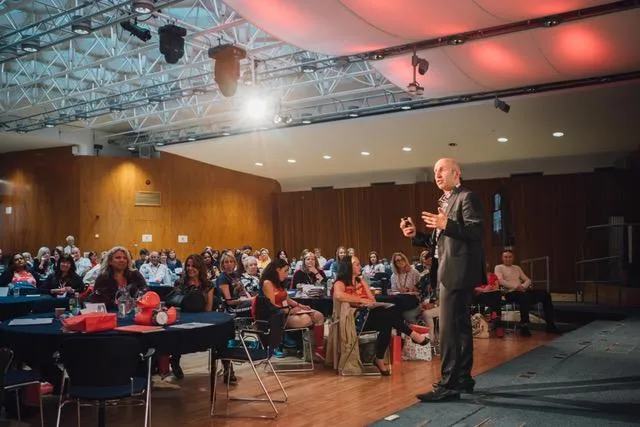
Shift from autopilot to intentional living. You’ll learn to make conscious choices, take control of your actions, and align them with your goals.
Develop resilience and clarity. I’ll help you navigate challenges with confidence and focus, even when the pressure is on.
Inspire your team. We’ll explore how to lead with purpose, creating a culture of engagement and well-being around you.
This isn’t about quick fixes or surface-level changes. It’s about real transformation—for you and the people you lead.
Ask Yourself:
Are you making deci ssions that truly reflect what you want to achieve?
Is your team thriving under your leadership, or simply getting by?
Are you taking care of your own energy, health, and resilience to stay at your best?
Do you have a clear vision for where you’re going and how to get there?
If the answer to any of these questions is “I’m not sure” or “no,” then let’s change that.
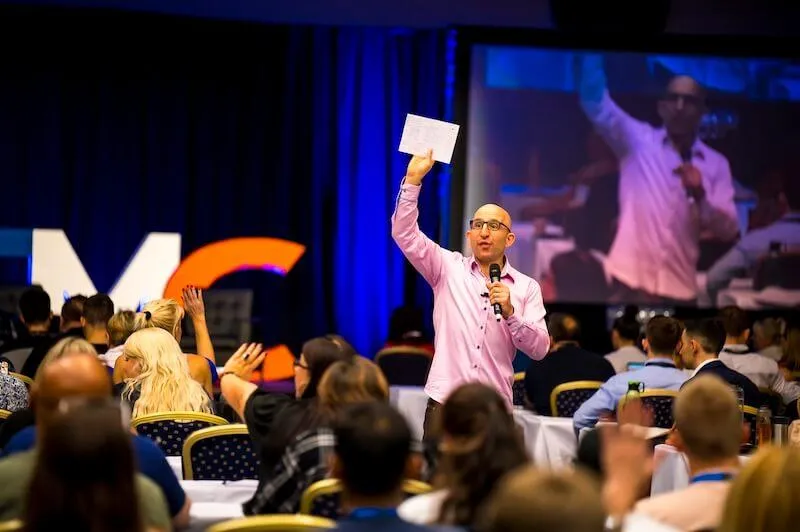
What We’ll Focus On Together
Here are the key areas I’ll help you tackle:
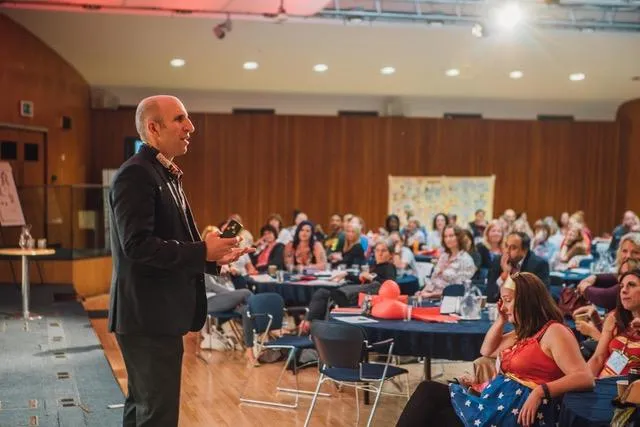
Thriving in an Anxiogenic World: I’ll show you how to break free from the stress and anxiety that’s holding you back.
The Power of Intention: Together, we’ll get you out of reactive habits and into intentional living, where you take control of your outcomes.
Health, Resilience, and Energy Management: We’ll work on sustainable routines that keep you energised and focused.
Leadership Transformation: I’ll help you become the kind of leader who inspires others to thrive.
Personal and Professional Growth: You’ll align your personal values with your professional goals, so you can create a life that feels truly meaningful.
What You’ll Get
For You:
Less stress and burnout.
Sharper decision-making and enhanced focus.
More energy and resilience to face whatever challenges come your way.
A renewed sense of purpose, waking up every day ready to thrive.
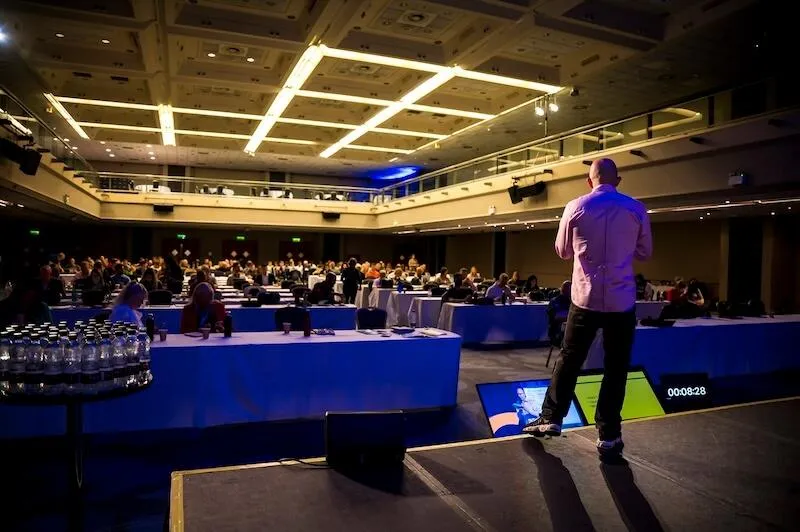

For Your
Organisation:
A team that’s engaged, motivated, and working together.
Improved collaboration and performance.
A culture of leadership, well-being, and intentional growth.
Real, measurable results that move the needle.
WHY WORK WITH ME?
I’ve had the privilege of coaching some of the world’s top leaders and teams, from organisations like AkzoNobel, Accenture UK, and Willmott Dixon, to elite athletes like Sally Gunnell and Ronnie O’Sullivan.
But here’s what really matters: my coaching isn’t a one-size-fits-all approach. It’s about you—your goals, your challenges, and the legacy you want to create. I’ll work with you to design a roadmap that’s tailored to your unique needs and aspirations.
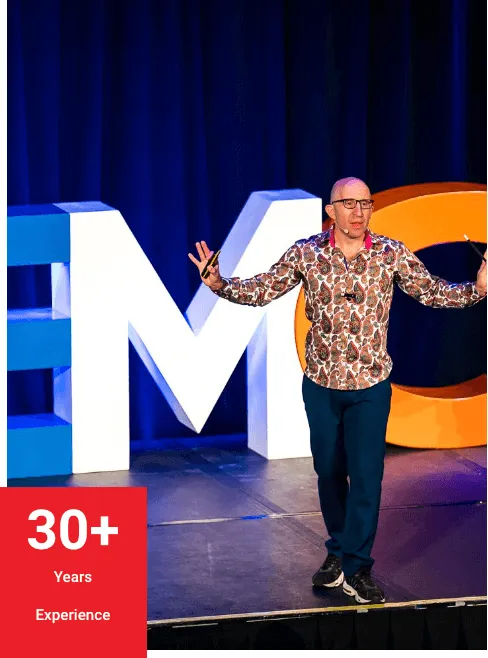
Are You Ready?
Here’s what I want you to think about:
What would it feel like to wake up every morning with clarity, purpose, and energy?
What would it mean to lead a team that’s inspired and thriving because of your leadership?
If you’re ready to find out, I’m here to help you make it happen. Let’s start your journey to intentional leadership and a life where you truly thrive.
AS SEEN ON

Don't wait to unlock your full potential
Book a discovery call with Pete Cohen now and take the first step towards a transformed, successful, and fulfilling life.

“The measure of success as a keynote speaker and coach is not just relevance but impact. And not just the immediate impact on the day, but the lasting impact of the days, weeks and even years afterwards. It’s all about leaving an imprint and resonating with your entire audience. You create a buzz, people have had fun, they’re inspired by fresh insights and new interactions and they can’t wait to try them out for themselves.”
Get In Touch
Mi365 Limited, 2nd Floor, Unicorn House, Station Close, Potters Bar London, London UK
© 2025 Pete Cohen | All Rights Reserved

“The measure of success as a keynote speaker and coach is not just relevance but impact. And not just the immediate impact on the day, but the lasting impact of the days, weeks and even years afterwards. It’s all about leaving an imprint and resonating with your entire audience. You create a buzz, people have had fun, they’re inspired by fresh insights and new interactions and they can’t wait to try them out for themselves.”
Get In Touch
Mi365 Limited, 2nd Floor, Unicorn House, Station Close, Potters Bar London, London UK
© 2025 Pete Cohen. All rights reserved.